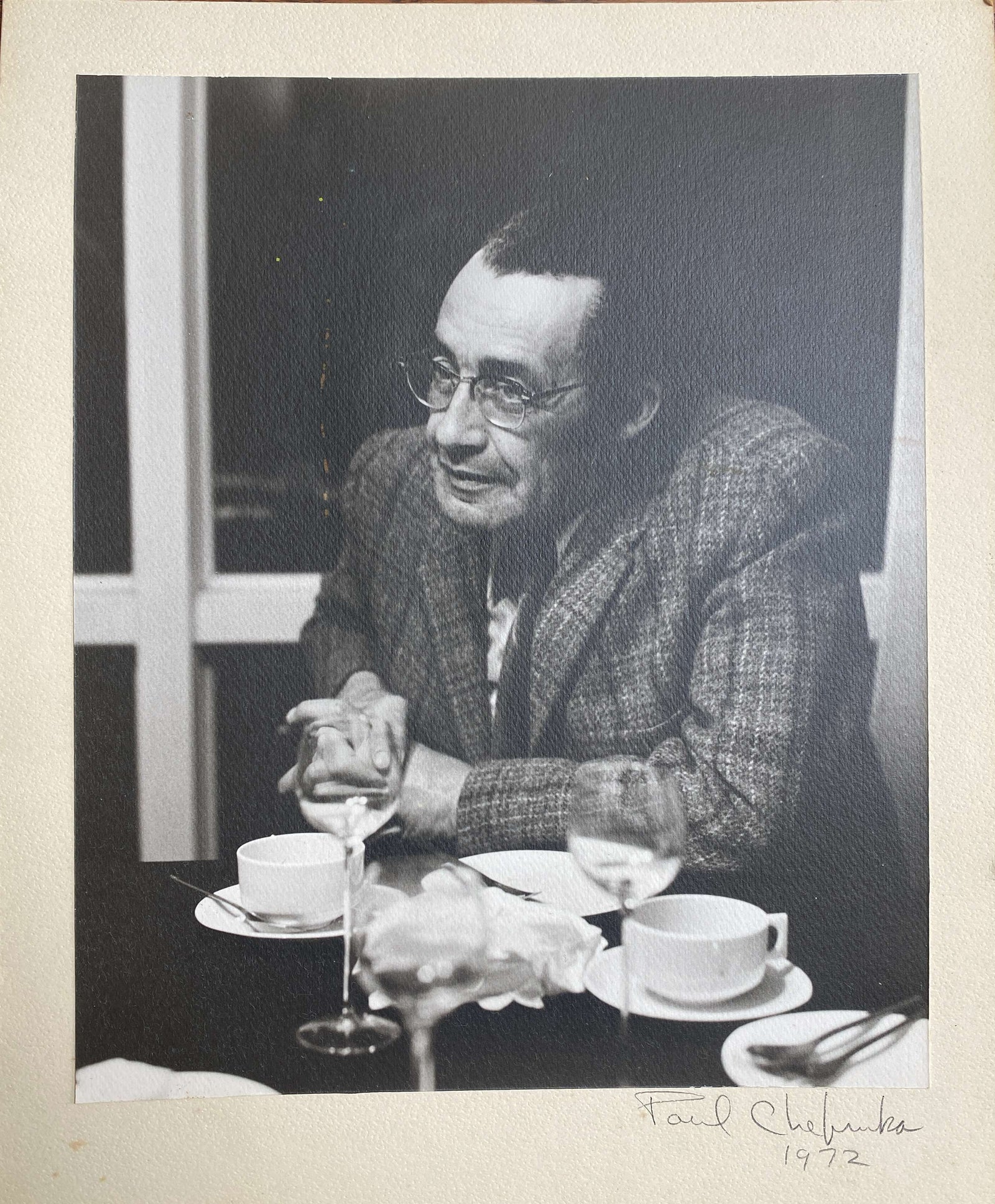With today being the last day of #blackhistorymonth, we wanted to share some local(ish) history with you that you may not have heard before.
In a small town just one hour from London, a valiant human rights struggle took place in the 1940s and 1950s. This sleepy little town, crippled by racism, would prove a vital part of the civil rights movement in our country. We think it is so important to know the history of our area, and certainly our country, and hope to share some history with you today that you may not already know.
WELCOME TO DRESDEN
The town in question is Dresden. With a current population of just 2,400 people, Dresden was once home to the Dawn settlement, an ending point of the Underground railroad. Born in 1918 in this small town was a man named Hugh Burnett. A descendant of enslaved people who escaped to Canada in the mid-1800s, Hugh grew up to serve his country in WWII, to work for the Ford Motor Company in Windsor, to become a carpenter, and most importantly to fight tirelessly against racial inequality.
THE NATIONAL UNITY ASSOCIATION
In 1944 the Ontario Racial Discrimination Act made it illegal to discriminate based on race, colour or creed. However, even with this legislation in place, Hugh could not be served at many restaurants in his town. This injustice prompted Hugh to write several letters to Ottawa complaining about the denial of service at local diners based on the colour of his skin. Hugh quickly realized that this fight couldn't be won alone, and alongside many fellow black neighbours and friends, formed the National Unity Association. The NUA's motto was simple, "Organized in the interest of better race and group relations."
Quickly growing to 100 members strong, the NUA addressed the town council asking them to pass laws to revoke business licences of discriminatory businesses, but were quickly shot down in favour of maintaining the status quo. Joining forces with many civil liberties groups like the Jewish Labour Committee, the NUA alongside 104 organizations brought their challenges to the Premier of Ontario, Robert Frost, and demanded fairer practices in Employment and Racial Discrimination laws for the province. Thanks to this coalition of civil rights organizations, in 1951 the government passed Canada's first Fair Employment Practices Act. This was a big win. However, no action was taken to combat discrimination in food or retail establishments.
STAGED SIT-INS
Determined to end racial discrimination in restaurants, the NUA teamed up with the Joint Labour Committee and set to work on a plan to end segregated restaurants once and for all. While the Fair Accommodations Practices Act was passed in 1954 by the Ontario legislature, two Dresden restaurants and a barbershop still refused to serve Black customers.
Meanwhile, Hugh was suffering personally with dwindling customers in his carpentry business and death threats delivered to his home. None of this dissuaded him and the NUA to continue to fight for the equal rights of Black people. Attempting to be served at the town diners, they began documenting all the times they were denied service and filing complaints with the government. Upon taking the complaints to court a judge agreed that the restaurant owners should be charged, however, the owners never saw such charges.
The NUA continued to test the restaurants. Black civil rights activists from all over Ontario came to Dresden wishing to be served in Kay's Cafe and Emmersons Soda Bar. In 1954 two activists sat in Kay's Cafe waiting on service, along with two white reporters who were documenting the experience. As was the case with all the other sit-ins, the white patrons were served while the black patrons were ignored.
FINALLY SOME SUCCESS
At this point, all eyes were on the small town of Dresden and the government had no choice but to act by bringing those contravening the newly passed laws to justice. Finally, in January of 1955, both restaurant owners were found guilty of breaking the anti-discrimination laws: their fines - $134.40 for the McKay's and $74.18 for the Emmerson's. However, the restaurant owners sought to overturn the decision, and later that same year, won. After more sit-ins and another court case, the McKays were finally charged once again under the anti-discrimination law and fined $600.
After many, many years of struggle, members of the NUA were finally provided service in the cafe in November 1956, garnering national news coverage. It was a momentous day for the cause, but Hugh was never able to fully appreciate the victories as he was forced out of town shortly after. Many local residents were angry at the NUA for making the town look bad and Hugh lost almost all his clients as a result. He moved to London shortly thereafter and lived a quiet life until he died in 1991.
Hugh's efforts paved the way for a more equitable Ontario, but 55 years later we still have so much work to do. While #blackhistory month may soon be over, we urge you to continue to learn about the history that has brought us to where we are today, and the struggles BIPOC communities still face.
Some accounts we suggest following on Instagram
@blmcanada
@ibramxk
@blackcandoc
On twitter
@rebeccaamoah
@antihateca
On Facebook
https://www.facebook.com/lbhcc/
On the web
https://www.intersectionalenvironmentalist.com/resources
https://www.nfb.ca/film/dresden_story/
📸 credit : @bodhipaul

